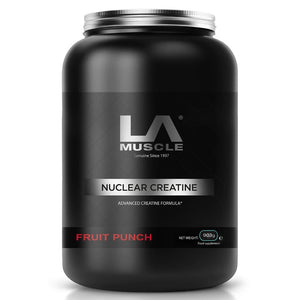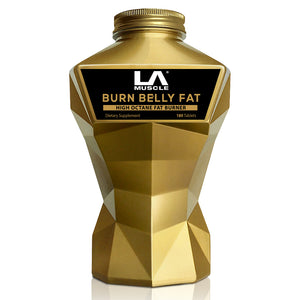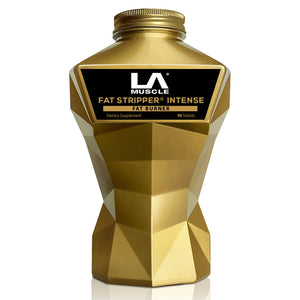
Carbohydrates, often simply called carbs, are one of the three macronutrients, alongside proteins and fats, that form the cornerstone of human nutrition. Their primary role is to provide energy for the body, but they've received a mixed reputation across different health and fitness domains, particularly in bodybuilding and weight loss circles. In the world of bodybuilding, they are prized for fueling intense workouts and aiding in muscle recovery, whereas individuals striving for fat loss might view them with apprehension due to their potential impact on weight gain. This article delves into the complex nature of carbohydrates, exploring their functions within the body, their benefits for muscle building, and their intricate relationship with fat loss efforts.
Understanding Carbohydrates:
Carbohydrates are found in a wide array of foods, including fruits, vegetables, grains, and sugars. Upon ingestion, most carbohydrates are broken down into glucose, the body's preferred source of energy, particularly for the brain and muscles. There are two main types of carbohydrates:
-
Simple Carbohydrates: Also known as simple sugars, they have a basic molecular construction that allows for quick digestion and absorption. Sources include table sugar, fruit, milk, and products containing added sugars. They provide immediate energy but can lead to rapid spikes and crashes in blood sugar levels.
-
Complex Carbohydrates: Comprised of longer chains of sugar molecules, they take longer to break down, providing a sustained release of energy. Sources include whole grains, legumes, and starchy vegetables. They are generally higher in fiber and more filling than simple carbs.
Carbohydrates and Bodybuilding: The Building Blocks of Progress
In bodybuilding, the goal is to increase muscle mass, definition, and strength. Carbohydrates are integral to this process for several reasons:
-
Energy Supply: Intense training sessions require a substantial amount of energy, which is readily supplied by the glucose derived from carbohydrates. Having sufficient carbs in your system helps in optimizing performance and intensity during workouts.
-
Protein Sparing: When ample carbs are present, the body is less likely to use protein for energy, which is beneficial since dietary protein can be directed towards muscle repair and growth instead.
-
Glycogen Storage: Carbs are stored in muscles as glycogen, and fuller glycogen stores contribute to improved endurance and performance. They also play a role in the muscle-building process itself, contributing to muscle 'fullness.'
-
Recovery: Consuming carbohydrates post-workout can help replenish glycogen stores and stabilize blood sugar levels, aiding in quicker recovery and preparing the body for subsequent workouts.
The Fat Loss Conundrum: Carbohydrates' Complex Role
When it comes to fat loss, the role of carbohydrates becomes more nuanced. Consuming more calories than the body burns leads to weight gain, and easily consumed and overeaten carbohydrates can contribute significantly to excess calorie intake. Key points to understand include:
-
Insulin Response: Carbohydrates, especially simple sugars, trigger the release of insulin, a hormone that helps cells absorb glucose. While crucial for energy transfer, constant high insulin levels can lead to cellular resistance and, eventually, fat storage and metabolic issues.
-
Energy Density: Many high-carb foods are energy-dense, meaning they pack a lot of calories into a small portion. It's easy to overconsume these foods, resulting in a caloric surplus that hinders fat loss.
-
Satiety Factors: Although complex carbs are more filling, simple carbs can lead to cravings and overeating. Protein and fiber contribute more to feelings of fullness, making a diet higher in these nutrients potentially more effective for weight loss.
Carbohydrates are a double-edged sword in the realms of bodybuilding and fat loss. While they're an essential energy source for muscle function, recovery, and growth, their impact on insulin levels and caloric contribution can complicate fat loss efforts. The key lies in the type of carbohydrate consumed, portion control, and overall dietary balance. For individuals focused on bodybuilding, incorporating an adequate amount of carbohydrates is important for optimal performance and muscle gain. Those aiming for fat loss should focus on complex carbohydrates, mindful portion sizes, and a balanced diet that prioritizes nutrient-dense, satiating foods. As with any nutritional strategy, individual preferences, lifestyle, and metabolic health play significant roles, and personalized advice from a registered dietitian or nutritionist can be invaluable.


























